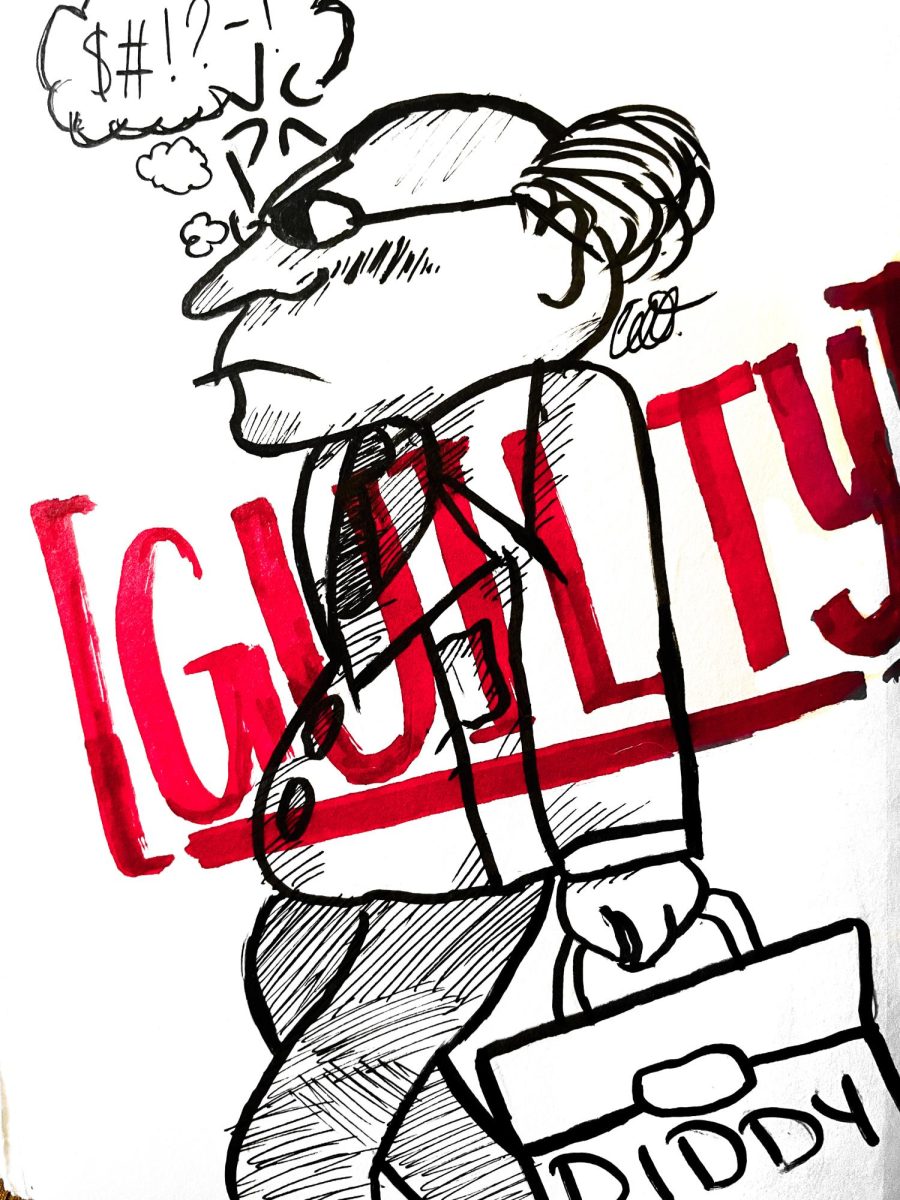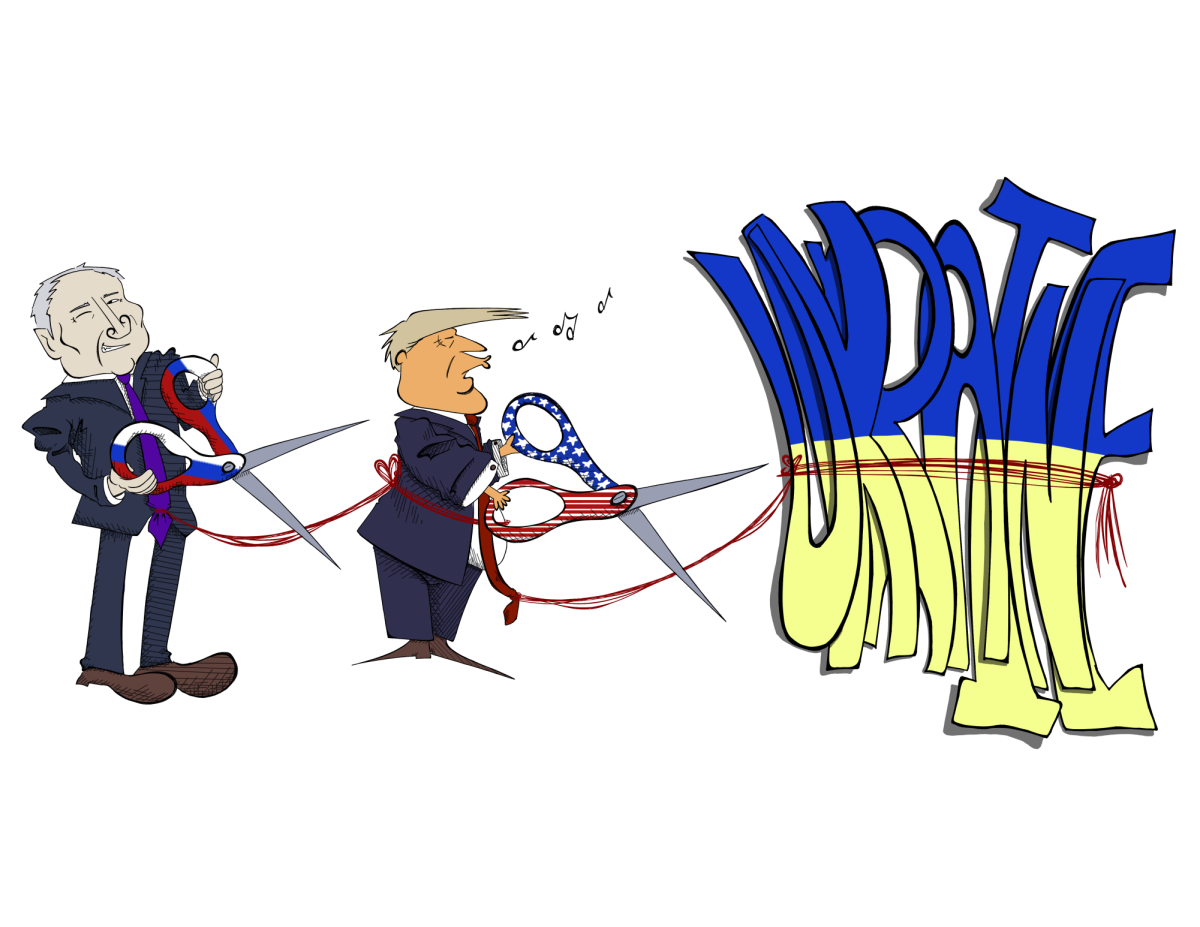The fact that a student is enrolled in college-level courses concedes that they recognize the value of a degree. On the first day, many students walk into their class and immediately size up the professor’s expectations. Students gauge the standard of effort by asking many questions: How many exams will there be? What is the reading like? How much do absences matter? Students expect to gain knowledge within a classroom environment.
Expectations are expressed to a student on the first day of class. When a professor fails to meet a student’s expectation, students feel it is appropriate to miss class. As an effect, oftentimes, students are penalized for missing class.
Attendance reflects the final grade in that the student who chooses to be absent misses vital information that could be found on quizzes and exams, therefore students who show up are awarded by being prepared.
However, in some cases, how vital is class time?
If students are required to attend class, class should be appropriately invaluable to an education. In a digital age in which information is so readily available, professors need to provide unique and engaging information that not only supplements their students’ course work, but also raises the standard of success. When a student is absent from class yet still succeeds, the question must be raised: Should the university hold the professor accountable for the level of difficulty expected of a college level course? It is not the student who should be penalized for succeeding but the professor who should be penalized for failing.
A degree should stand as testament to effort. Are students qualified to succeed in such a competitive job market if they are failing to meet the standards of the degree that students are paying for?
If UTSA should rise to the occasion, the question should be asked: who’s accountable for student’s education?
Editorial: Who shows up to class?
February 22, 2013
Story continues below advertisement
More to Discover












